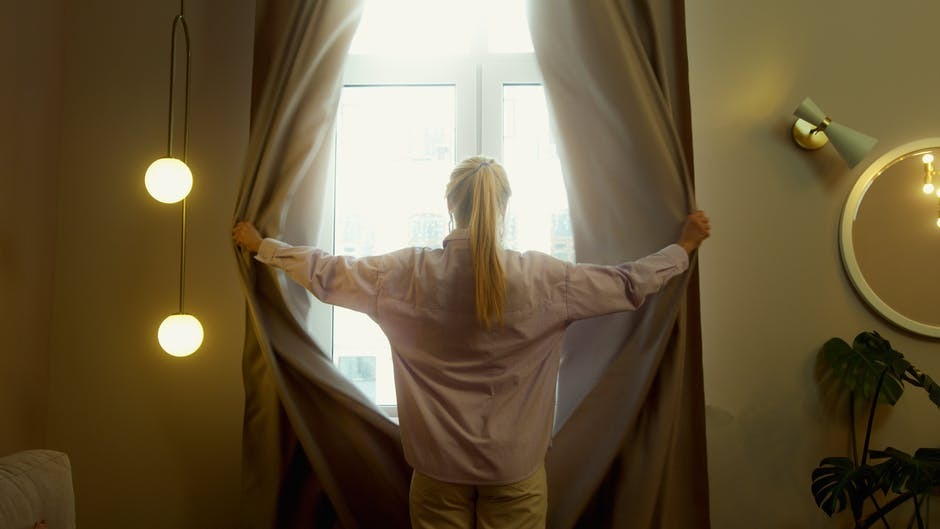With global events, particularly since COVID-19 hit, mental health has been challenging to manage for a significantly larger portion of the population. Hope has become a scarcity rather than something to enjoy in abundance. When this touches you personally for any reason, when you are losing hope, you may feel alone. That is the very nature of hopelessness.
The first thing to remember is that you are not alone. There is an entire world full of people, and right now, there are plenty of people struggling with losing their hope, just like you. Everyone is unique, but they all struggle in one way or another to keep hope alive in these trying times.
The Importance of Reaching Out
There was a time when people would keep their inner struggles locked away inside, but those days are over. With the challenges we face today, no one person can bear these burdens alone anymore. Nor should they need to. The awareness and importance of mental health have come to the forefront of conversation, and there is no more shame in reaching out to talk to someone about your struggles.
Text a friend. Call a family member. Find an online forum. Call a hotline. Today, there are endless ways to connect you to a human being who cares and understands what it feels like to lose hope. This means someone who cares about your well-being and will listen to you, support you, and offer you whatever they can in return. Sometimes, just knowing that there is someone who cares gives you enough hope to make it through another day and then another.
Talking to Someone Who Knows
When the dark clouds keep looming and hope gets more distant, find an expert. Talk to a therapist who knows about hopelessness and the difference between being down and chemically depressed. Talk to someone who can offer medical help if that is what you need. Talk to someone before you unknowingly cross a threshold beyond hopelessness. Your life is too valuable, and there are people who love and care about you.
Sometimes a sense of hopelessness is a sign of depression. When coupled with other symptoms, and those symptoms last for two weeks or more, it is vital to seek help. While many people experience depression and survive, there are those who do not, and suicidality is not predictable. Talk to someone who knows before you get to that point. You are worth it.
The Power of Gratitude Over Hopelessness
One of the easiest antidotes for losing hope is to find gratitude. Start by finding one thing that you are grateful for. It can be something small, like the color of your eyes or a favorite song. Write it down. Then find something more. Keep going until you have a list of things to be grateful for. Some people even find that a gratitude journal helps them to count their blessings and maintain hope on a regular basis. Gratitude has great power in mental health, so take advantage of the benefits.
Getting Through Just Today
Sometimes, when you are losing hope, focusing on getting through just today is enough. The big picture can be overwhelming. There are a lot of concerning problems in the world and in your own life that will not be solved today or any one day. But if you can get through just today, there is hope for tomorrow. If you continue to follow that pattern, then you will find renewed hope and find new reasons to wake up and keep going each day.
Being the Hope You Want to Have
While it may seem difficult, sometimes you have to give a little hope to find the hope you need. Being the hope for others that you want to have will provide you with returns beyond your imagination. How does it work, exactly? Try smiling. Just smile at someone who looks like they need a smile. You will begin a chain reaction of smiles that will create a ripple effect of hope.
Look for others with their heads hanging low, with their shoulders dropped, those who look like you feel inside. Give a compliment. Open a door. Do something kind for someone. These simple acts will create hope for others and show you that there is hope in the world in return. You have the power to create it, and others are just waiting to reflect that hope back to you. You are not alone, and there is hope. It is just waiting inside of you.
When you are losing hope, remember that you are not alone. Reach out, talk to someone who cares, talk to someone who knows. It is okay to ask for help and to seek therapy when you are feeling hopeless on your mental health journey. You can use simple ways to find hope, such as being grateful, getting through one day at a time, and being the hope you want to have. At West Coast Recovery Centers, we understand the struggles with mental health that so many people face at this time. We treat not only those with addiction but also those with co-occurring mental health diagnoses. We understand how easy it is to lose hope, and we have therapists who can help you when you feel like all hope is lost. Reach out and call us at (760) 492-6509 and let us help you rediscover hope.




